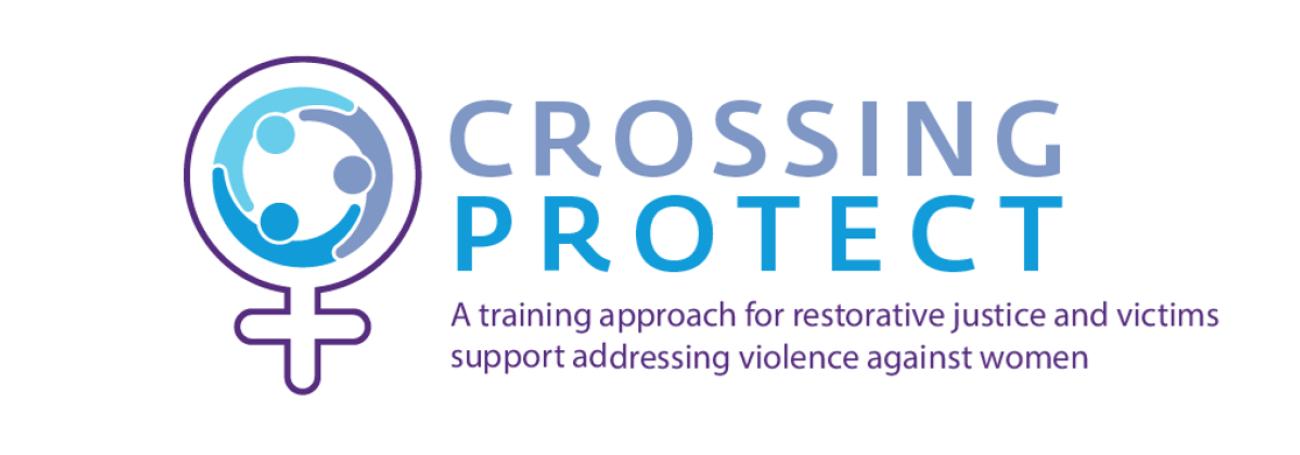
Summary: The Erasmus+ project "CROSSING PROTECT" had its official start on 11 March 2024, when the consortium met for the first time online for the Kick Off Meeting of this new 36-months project dedicated to building a cross-sectoral training approach for the operators of restorative justice and victims support systems dealing with violence against women. Unique in this project is the participation of victims associations dedicated to gender based violence and human trafficking that will contribute to designing services and training programmes on restorative justice and victim support tailored to the specific needs of women victims of violence. The project builds on the results of two previous Erasmus+ projects involving (partly) the same partners: KINTSUGI and PROTECT.
Partners: Welcome A.p.s. (Italy), European Forum for Restorative Justice (Belgium), Victim Support Europe (Belgium), WAAGE (Germany), The Hague University (Netherlands), Assocaizione Spondé (Italy), Rete Dafne (Italy), D.R.O.G.A. (Poland), Klaipeda (Lithuania), APAV (Portugal), ISCSP - University of Lisboa (Portugal)
Associated partners: Mediante (Belgium), SUANA (Germany), ANUAS (Germany), Il Posto Occupato (Italy), TELEFONO ROSA (Italy), Fem (Portugal)
Coordinator: Welcome A.p.s. (Italy)
Funding: Erasmus+ KA2 – Cooperation partnership
Duration: 36 months (01/11/2023 – 30/11/2026)
Description: The project aims at building new skills for the partners of the restorative justice and of the victim support systems to work transnationally and across their sectors; driving transformation and change by implementing a tailored and innovative peer-to-peer capacity building programme to create new working synergies between the two systems; and increasing the quality in the work and practices of the partners by establishing a positive interaction and a systemic cooperation between the restorative justice/victim support systems.
To achieve these objectives different activities will be set up: online training hotspots, joint training events, 3 working/study groups, common models for training activities, a training toolkit to deliver high-quality victim's services and a road map for a cross-system working approach.
Through the project, we expect to give start to a transnational and cross-sectorial peer-learning community of adult learning practitioners focusing on the very specific target groups of women victims of violence/crime; to build a cross-sectorial map of the main skills and competences required to the restorative justice/victim support operators working with the specific target group; increase peer-to-peer capacity building programme for restorative justice/victim support trainers; develop a common approach for training activities tools and roadmap for systemic cooperation between the restorative justice/victim support systems.

